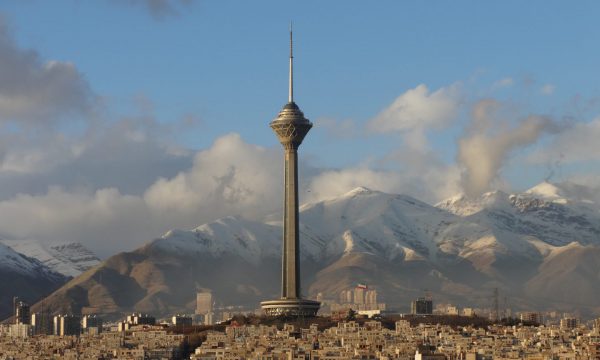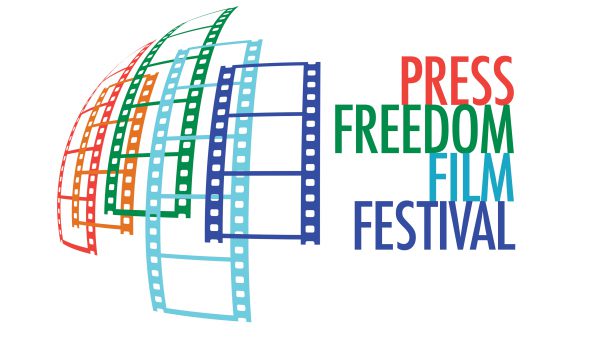Past Events
As the COVID-19 pandemic has spread around the world, journalists have made covering the crisis a priority. However, along with increased health risks and declining advertisement revenues, media must also contend with a new set of challenges brought by the pandemic. With COVID-19 data and health information now at the forefront of public attention, information verification is of utmost importance and consequence. At the same time, journalists are combatting increased polarization while being flooded with misinformation. In some countries, the governments are cracking down on independent journalists reporting on the crisis.
The August 9 presidential election in Belarus has led to extensive protests throughout the nation, with the Belarusian population opposing the fraudulent election of the incumbent and longstanding authoritarian Aliaksandr Lukashenka. Mass demonstrations following the marred election, including increasing calls for political change, have been met by a brutal crackdown on Belarusians ordered by Lukashenka and his government and carried out by the security forces, resulting in several thousand detentions, dozens of injuries, and at least one death as of August 12. While Lukashenka’s repression continues unabated, impacting Belarus and protesting Belarusians, the main opposition candidate Sviatlana Tsikhanouskaya was forced to flee Belarus under duress to Lithuania for refuge. Meanwhile, the international response to the election has been mixed with China and Russia quickly congratulating Lukashenka and the EU, United States, and transatlantic partners calling the elections fraudulent, condemning and urging an end to Lukashenka’s unconscionable violent crackdown of Belarusians.
While there has been significant attention given to foreign influence operations by state-actors like Iran, far less has been given to how global events shape—and skew—the reality depicted by the Iranian regime to the Iranian people.
The U.S. Agency for Global Media’s (USAGM) Board of Governors (Board) conducted a telephonic meeting closed to the public on June 3, 2020.
Democratic backsliding and the public’s demand for reliable sources of information during the coronavirus pandemic in Central and Southeast Europe have made the search for ways to support media freedom more urgent than ever before. Emergency measures enacted in response to the pandemic in Hungary and Bulgaria have created an intimidating environment for journalists and threatened fundamental rights, including the freedom of speech, while Romania’s strict quarantine provisions have led to accusations of official infringements on individual rights and freedoms.
Join the U.S. Agency for Global Media and IREX for an online panel discussion on digital surveillance, censorship, and COVID-19.
To mark World Press Freedom Day, the U.S. Agency for Global Media is holding its first ever Press Freedom Film Festival.
The United States Agency for Global Media’s (USAGM) Board of Governors met today at its Washington, D.C. headquarters. The Board reviewed how USAGM and its networks were preparing their workforces for the impact of COVID-19 while keeping their audiences informed about the global pandemic.
Alhurra Television and the United States Institute for Peace (USIP) co-hosted a conference in Tunisia on the impact of media in building peace and reducing conflict in the MENA region. The conference discussed this concept as a way to promote justice and human dignity. With the participation of journalists and media experts from across the Middle East and around the world, the conference took place on December 2nd at the USIP hub in the Tunisian capital, Tunis.








